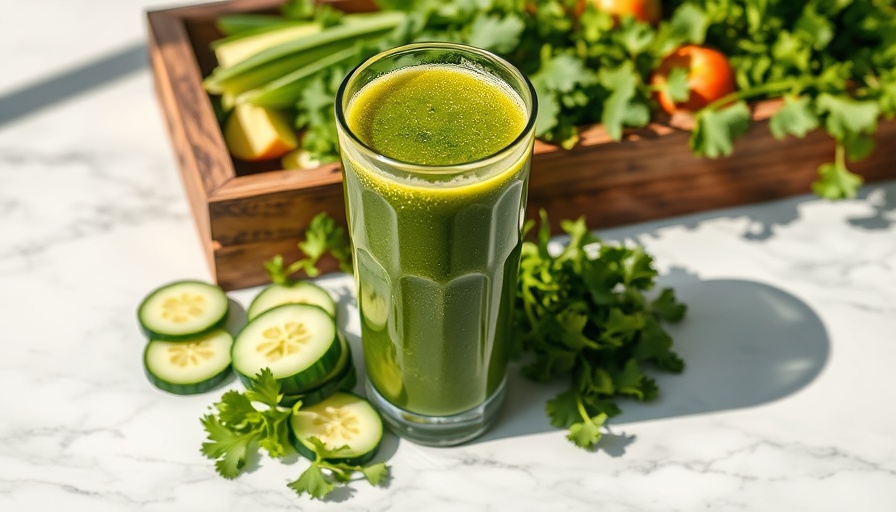
Green Juice: A Trendy Health Drink or Just Another Fad?
In recent years, green juice has become a go-to drink for health enthusiasts, often perceived as a miracle drink that guarantees wellness. Advocates praise its vibrant color and refreshing taste, but experts suggest a more moderate approach. The question looms large: is drinking green juice every day really healthy?
The Nutritional Content of Green Juice: Benefits and Drawbacks
Health advisors such as Kristen Lorenz and Suzanne Fisher emphasize that the nutrition one can get from green juice largely depends on its ingredients. By opting for a juice packed with leafy greens like spinach, kale, and parsley, a consumer can benefit from essential vitamins A, C, K, and minerals like magnesium and potassium. These nutrients offer antioxidant properties that can help reduce inflammation and promote overall health.
However, it’s crucial to consider some potential downsides. Green juice tends to lack fiber, a vital nutrient for gut health and blood sugar regulation. As Fisher points out, traditional juicing removes the pulp, which contains fiber, making the drink less filling. This could spur unwanted blood sugar spikes, especially if the juice contains high-sugar fruits like apples or pineapples.
Pairing Strategies: How to Integrate Green Juice into Your Diet
To reap the benefits while mitigating risks, Lorenz recommends pairing green juice with a healthy source of fat or protein—like nuts or yogurt—to help stabilize blood sugar levels. This holistic approach ensures that your green juice not only adds nutrients to your diet but also supports sustained energy throughout the day.
Green Juice vs. Other Juices: What’s the Difference?
Compared to traditional fruit juices, homemade or carefully curated green juices generally contain less sugar, making them a better choice for health-conscious consumers. Still, not all green juices are created equal. Lorenz warns that many commercially available green juices are often sweetened with added fruits or sugars that could cause the sugar content to rival that of soda. To optimize health benefits, always look for juices that prioritize leafy greens over sugary fruits.
Daily Consumption: Moderation Is Key
While consuming green juice every day may offer health benefits, moderation is essential. Fisher recommends enjoying green juice a few times a week rather than relying on it daily. It's important not to use it as a substitute for whole fruits and vegetables, as these foods offer fiber and other nutrients absent from juice.
Ultimately, striking a balance in your diet is vital. A diverse range of whole foods is essential for a well-rounded nutritional intake.
Conclusion: Thoughtful Consumption Leads to Healthier Choices
The conversation around green juice underscores a larger theme in the health and wellness industry: the need to critically evaluate dietary trends rather than blindly following them. Green juice can undoubtedly be a nutritious addition to your regime, but it’s crucial to remain aware of its nutritional contents and consume it mindfully.
Have you tried green juice, or are you considering adding it to your diet? Understanding its benefits and risks may help you make informed choices that better suit your health needs.
 Add Row
Add Row  Add
Add 




 Add Row
Add Row  Add
Add 

Write A Comment